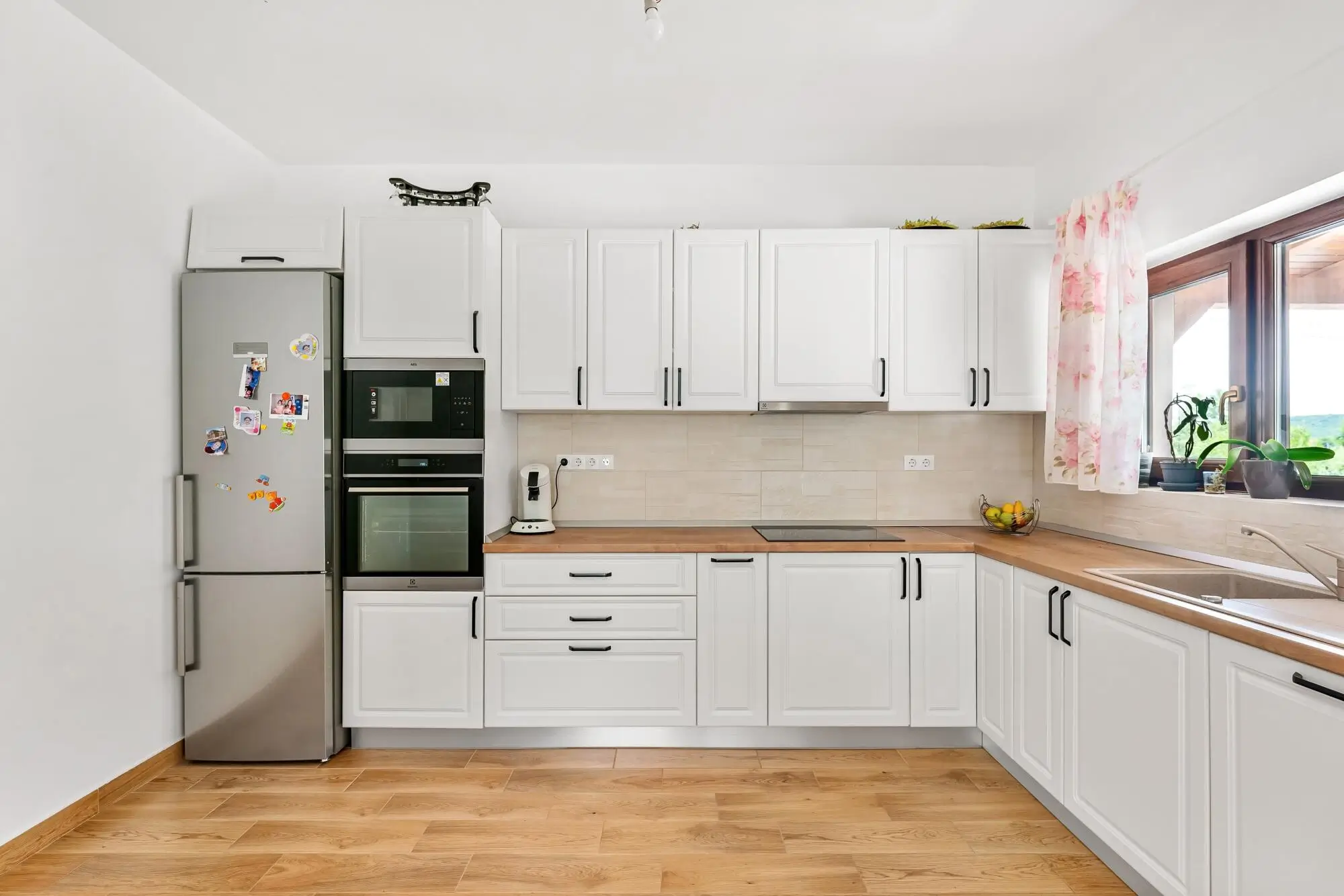Tennessee's low tax and low cost of living have made it a sought-after destination for renters, with Nashville leading the growth. As a result, nearby towns like Dickson are experiencing increased demand for rentals and rising housing pressure.
For landlords and property managers, knowing how to calculate rental increases is essential. Raise rent too high, and you risk losing good tenants; too low, and you miss out on returns.
Whether you manage single-family homes or multifamily units, this guide will help you navigate market trends, legal considerations, and communication strategies to make fair, profitable rental adjustments.
Understanding Rental Increases in Dickson, TN
Rental price adjustments in Dickson are influenced by a mix of factors, including market trends and your property's condition. As the area continues to attract new residents, especially those priced out of Nashville, landlords must stay proactive in reviewing how their rental rates compare. Regular evaluations ensure your pricing reflects current market conditions while still offering value to tenants.
Rental Market Analysis
Before implementing a rental increase, research current market trends in the Dickson area. Look at:
- Average rental prices for similar properties
- Occupancy rates
- Seasonal fluctuations in demand
Understanding these trends will help you justify increases while ensuring your property remains competitive. For instance, if rental properties in your area are selling quickly and at higher prices, it may be wise to consider a rental increase.
Property Condition and Improvements
The state of your property can significantly influence rental increases. If you've recently made improvements-like upgrading the kitchen or adding energy-efficient appliances-it's reasonable to raise the rental price accordingly. On the contrary, if the property requires repairs, consider holding off on increases until those issues are resolved.
State and Local Regulations
Understanding Tennessee's rental laws is essential before making any adjustments during a tenant lease renewal process. While the state does not impose rent control or strict caps on increases, landlords are legally required to provide proper notice-typically at least 30 days-before changes take effect. However, the required notice period can vary based on your lease terms, so it's important to review each agreement carefully.
Additionally, be cautious when increasing rent mid-lease, as doing so could violate the lease unless explicitly permitted. Staying compliant not only helps avoid legal disputes but also builds trust with tenants.
Rent Adjustment Methods: The Importance of Communication
Effective communication with your tenants is key. When informing tenants about a rental increase, explain the rationale behind the adjustment. This can include reference to increased property taxes, rising operational costs, or improvements made to the unit. Always aim to maintain a good relationship, which can lead to tenant retention.
Final Thoughts on Rental Adjustments
Rental increases aren't just about crunching numbers; they're about staying competitive while keeping good tenants happy. By reviewing market trends, assessing your property's value, and staying within legal guidelines, you can make confident, well-informed decisions that support long-term success. Clear communication with tenants will always be your greatest asset.
At PMI Greater Dickson, we offer full-service, family-owned property management tailored to your needs. Serving Dickson and surrounding counties, our experienced team is here to maximize your rental income, minimize stress, and keep your properties running smoothly. Let us help you reach your Tennessee rental market goals-contact us today.


